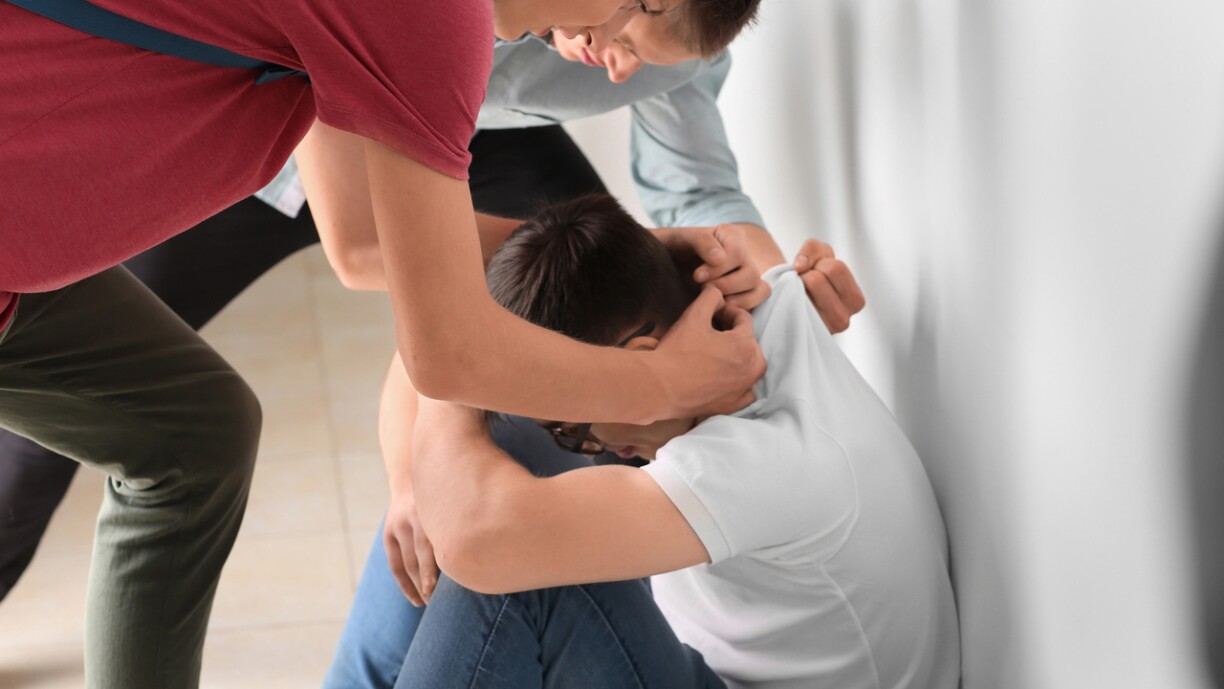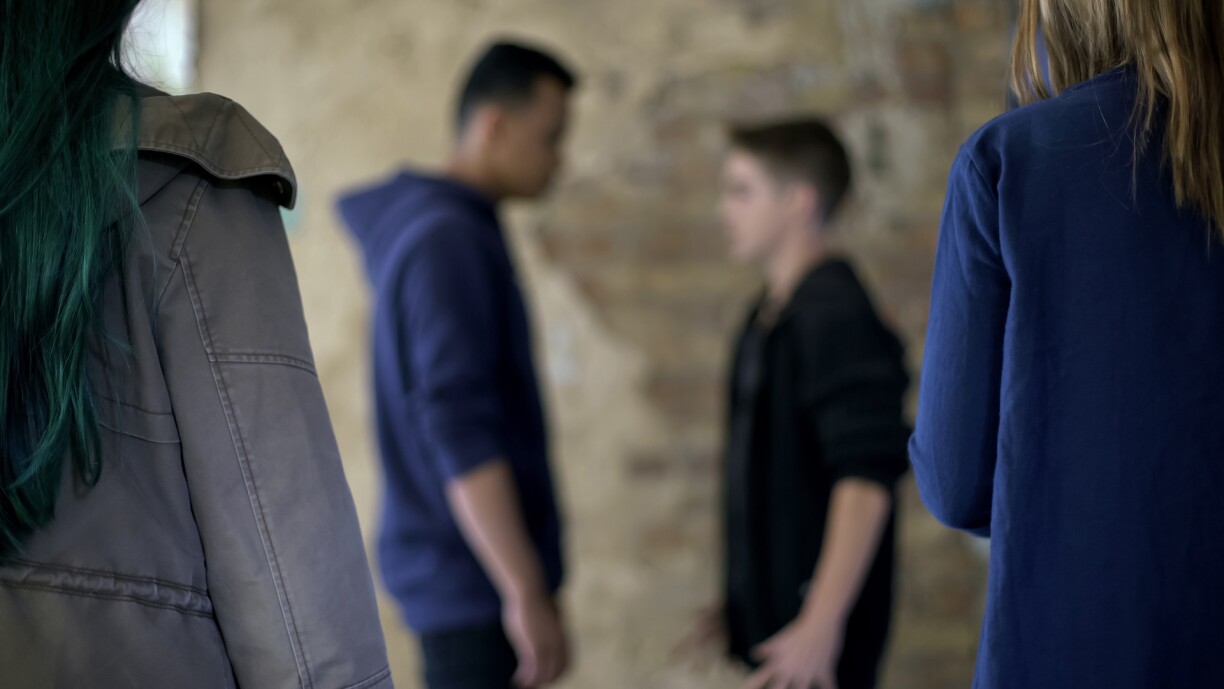
Are the youth of today becoming more violent? From a statistical point of view, Minister of Justice Sam Tanson said the juvenile crime rate remains stable, in response to parliamentary questions filed in October.
However, others, such as psychologist Catherine Verdier, founder of Psy Famille and the Amazing Kids association, say there is cause for alarm. Verdier frequently works with young people to prevent violence and harassment in all forms and believes that violence is reaching dramatic proportions among the Grand Duchy’s youth.
Catherine Verdier: “I don’t think it is. In Luxembourg, as is the case everywhere, youth violence is on the rise, whether it is at school, in the street, on social networks. Everyone sees it, the parents know it and panic, the children defend themselves as best they can, but many have no choice but to be the victim or the aggressor.”
“In my workshops, 100% of the children have come into contact with situations involving bullying or harassment, whether they are victims, witnesses, or even perpetrators themselves. No child is safe from this violence, but Luxembourg is turning a blind eye.”

“A particular instance in my mind is a child of primary school age, who was attacked on a bus in Wiltz while on their way to school. But as it took place on a bus, neither the school nor the Ministry were willing to take responsibility. Otherwise, it’s always the same story: a child is attacked, their belongings stolen or damaged... Their parents try to alert the school or other officials to the problem, but at this point the discussion turns difficult, especially if teachers have not witnessed any incidents, or if they are in denial.
Often these instances take place in school canteens, but canteen staff do not have the pedagogic power to intervene. It’s the same on school transport: a bus driver will not stop the vehicle for every instance of conflict. In playgrounds, theoretically teaching staff should be taking turns to watch the children, but unfortunately some prefer to look elsewhere...”
“Yes, absolutely. Violence among children surfaces at an early age. In France, there are studies which show this, unlike Luxembourg. According to studies, one in two children will be a victim of bullying by the age of 6 or 7. This is dramatic.”
“Alas, children who were bullies in primary school often continue this behaviour in secondary school. As for the victims, some in turn may become bullies as they get older, as they believe it is better to be on the “strong side” rather than that of the losers. By the time they reach their teens they typically have access to smartphones and social media. As a result, young people have no respite, they can be tormented day and night, in person and online. But no one wants to hear what I have to say in Luxembourg.”
“This is true. I’ve heard stories of teachers picking on pupils, and no one moves. There is certainly denial about this type of violence. However, it is a risk because if a teacher bullies a pupil, they’re effectively giving other children a pass to do the same. And although Luxembourg is a very multicultural country, school is not always a welcoming and inclusive environment. We still see a lot of racism in schools...”
“Fortunately yes, and we do have to highlight the positives as well. I’ve seen teaching staff who are aware of the issue, and some have participated in my own initiatives for confronting violence, without even being trained, it’s magnificent. There are some schools who have excellent ideas and are running great projects. But alas it is not the majority, there are still many teachers who do not wish to bother with such a responsibility. This angers me because it is truly a matter of urgency.”
“Of course, parents have a role to play, they are meant to be the basis of a child’s education, but they are not solely responsible. Just like schools are not solely responsible - we all have a responsibility to tackle this issue. For example, there is the issue of training teachers to cope with youth violence, responsibility of the schools, prevention and education...”
“It’s not easy. We live in a society which frequently depicts violence. We don’t see images on TV of people hugging, where everyone is benevolent. The news also conveys a lot of anxiety and uncertainty. So if the parents are not able to contain, to frame this anxiety, their children will reproduce this violence. It is part of the essential interaction between parent and child to talk about things such as war, Covid, attacks and so on.”
I have never had a parent come to my office admitting that their child is a bully. It’s surprising maybe, but it’s true and it’s terrible. But it’s not just a case of bullied children needing help. Bullies need help too! They frequently suffer from low self-esteem, or low empathy... I would say the aggressors need more help than the victims. But if you start to talk about helping aggressors, you get lynched. It feels like the issue is divided into the good guys who are bullied, and the bad guys who deserve public punishment.”
“This is the real issue. They are sometimes sanctioned, but mostly just left to themselves. There is no psychological follow-up; it’s rare for this to take place. Since March 2022 there has been a law in France along these lines, suggesting a programme to help bullies move away from violence. But we are far from reaching this point in Luxembourg...”
--
Read also the first part of this series “They assaulted my son”, “I was threatened”, “Where are the parents?”